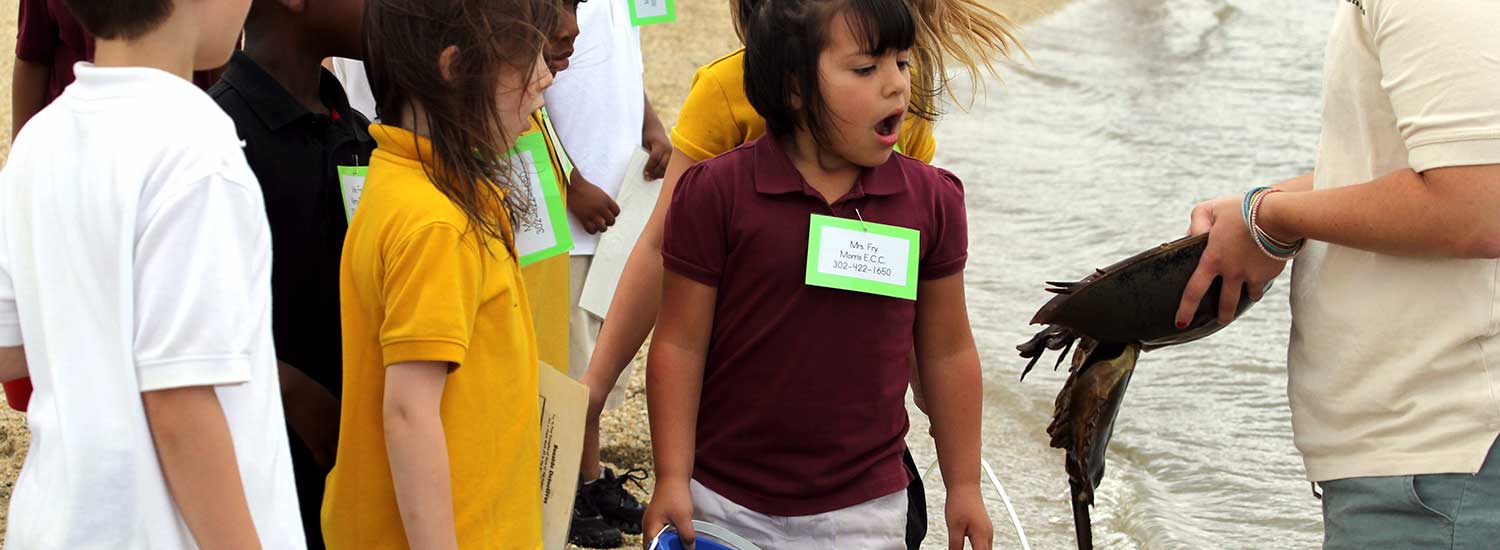Horses and riders are permitted on designated roadways, trails and beaches on lands administered by the Delaware Division of Parks and Recreation.
- At Cape Henlopen State Park, horseback riding is permitted on the beach only and according to the beach access schedule below.
- Designated trails and access schedules are subject to change upon review by the Division.
- Access is limited to park operating hours (8 a.m. to sunset.)
- Vehicles and trailers used for the transport of horses must park in designated areas.
- Access from parking areas to the beach will be limited to designated dune crossings.
- Trails and beaches may be closed on a temporary basis due to hazardous conditions.
- Riders are responsible for cleaning up after their horse on roadways and in parking areas.
Beach Access Schedule
Delaware Seashore State Park -- Towers Ocean
January 1- February 28
Park office hours are:
Trailers and tow vehicles must park in the Towers Ocean parking lot. The maintenance vehicle crossing located at the southern end of the parking lot is designated for equestrian access to the beach. Designated beach for equestrian use runs from the crossing, south to within 200 yards of the Indian River Inlet. A sign at the toe of the primary dune will designate this southern boundary. (4.6 miles)
Delaware Seashore State Park -- Keybox Road
Daily: March 1– April 30; Labor Day - December 31
Weekdays only: May 1 – Labor Day
Trailers and tow vehicles must park in the Keybox Road parking lot. The surf fishing vehicle crossing is designated for equestrian access to the beach. The designated beach for equestrian use runs from the crossing, south to within 200 yards of the Indian River Inlet. A sign at the toe of the primary dune will designate this southern boundary. (3.4 miles)
Cape Henlopen State Park
November 1 – April 30
Horseback riding is permitted on the beach only. Trailers and tow vehicles must park in either the Gordons Pond Parking lot or the Point Comfort Station Parking lot. At Gordons Pond, the surffishing vehicle crossing is designated for equestrian access to the beach. At the Point Comfort Station lot, a dune crossing is marked and designated for equestrian access to the beach. Designated beach for equestrian use runs from the oceanside of the Point of the Cape south to the Gordons Pond surffishing vehicle crossing. (4.6 miles)
Fenwick Island State Park
November 1 – April 30
Trailers and tow vehicles must park in the bathhouse parking located north of Fenwick Island. The maintenance vehicle crossing located at the southern parking area is designated for equestrian access to the beach. Designated beach for equestrian use runs from the crossing north to the park boundary near South Bethany Beach. (2.6 miles)


